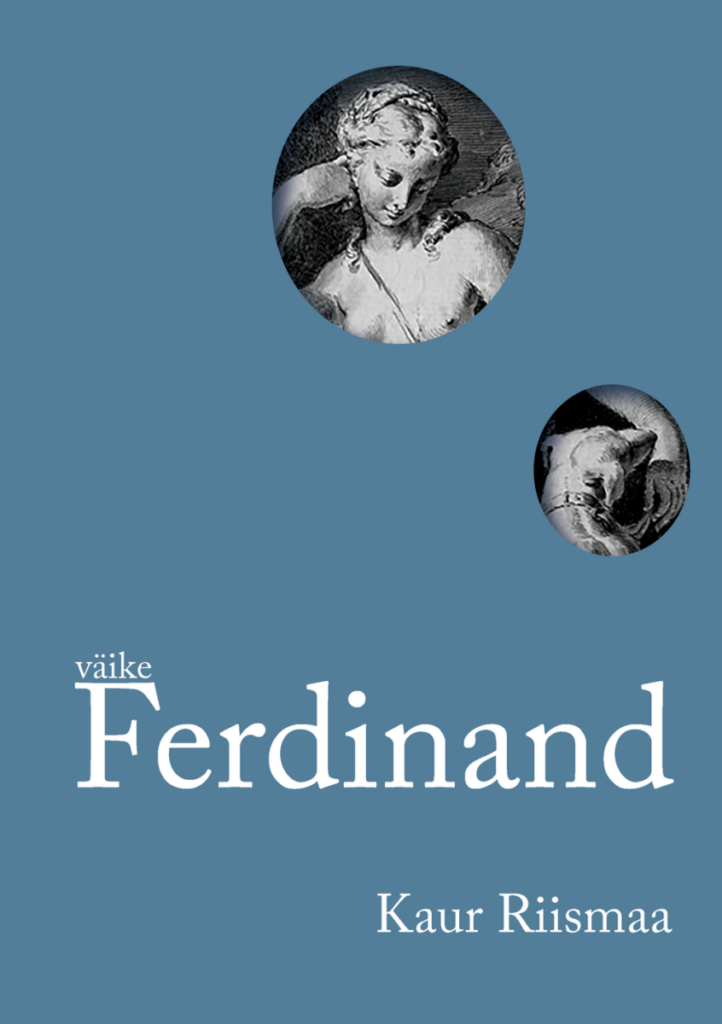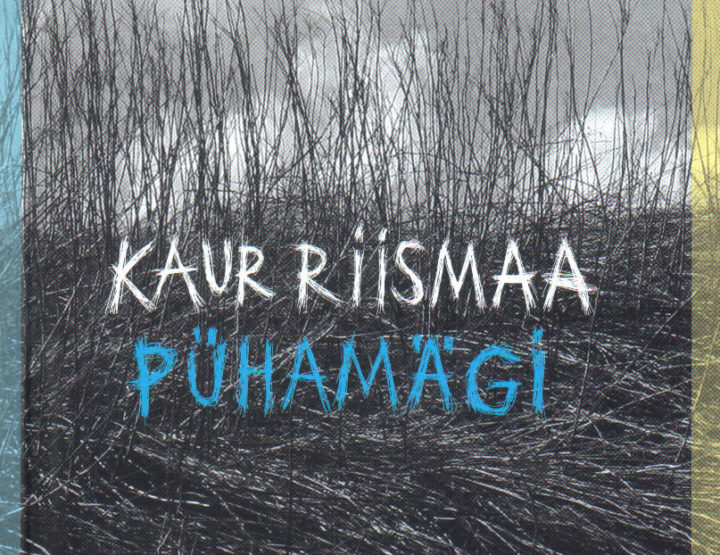Vihmakass ja kakerdaja 2019, 320 pp
ISBN 9789949997763
The title page of Kaur Riismaa’s Little Ferdinand includes a promise: “The characters of this novel have been actual living souls. One may check, though they will hardly get very far,” and the work itself begins as such: “‘Who? Mr. Immanuel Kant? No, no—inconsequential. A natural scientist with an interest in metaphysics.’ Heisenberg smirked and dismissed the comment with a wave.”
Also spoken on the very first page are these words: “Mr. Weninger, please understand—I cannot afford such an error as a young natural scientist who closes his office door behind him and busies himself in inference. A metaphysician must drape his spirit across the whole world; a metaphysician cannot limit himself to sitting in Köningsberg. Your natural scientist can ascertain the nature of the entire world from the peace of his own chambers, naturally.”

No doubt this type of opening sparks expectations of something hyper-intellectual to come. Riismaa does launch immediately with Kant and metaphysics, but at the same time, the usual understanding of the fundamental differences between a natural scientist and a metaphysician is turned on its head. Dense philosophical and historical literature, one might think – but this is not the case. It soon becomes clear that Little Ferdinand is something entirely different. The author takes a dreamlike leap into the 20th century, switching a thoroughly noble classical style for Mikhail Shishkin/Nikolai Baturin-like associationism. It’s possible I may have already spoiled some part the book by giving these two examples, but one common thread throughout the work is the constant disappointment of reader expectations as an artistic device. If disappointment sounds too sinister, then one could say that there are surprises in store till the very end. The only thing one may count on is that Riismaa’s style is elegant and eloquent. The novel is brimming with toponyms and fine details, giving the impression that the author immersed himself in a lost world. That being said, Little Ferdinand is also quite demanding of the reader. One could also claim it does not put forth any great idea, much less a particular moral or ideological approach. Long after you finish reading and close the book, you still feel as if you’ve just emerged from a strange and enchanting dream.
It’s been said that Oscar Wilde’s The Picture of Dorian Gray – one of my favorite books as a young man – is a failed masterpiece. I believe this can be said of Kaur Riismaa’s Little Ferdinand as well.
Mihkel Kunnus is a literary critic and a lecturer of environmental ethics


